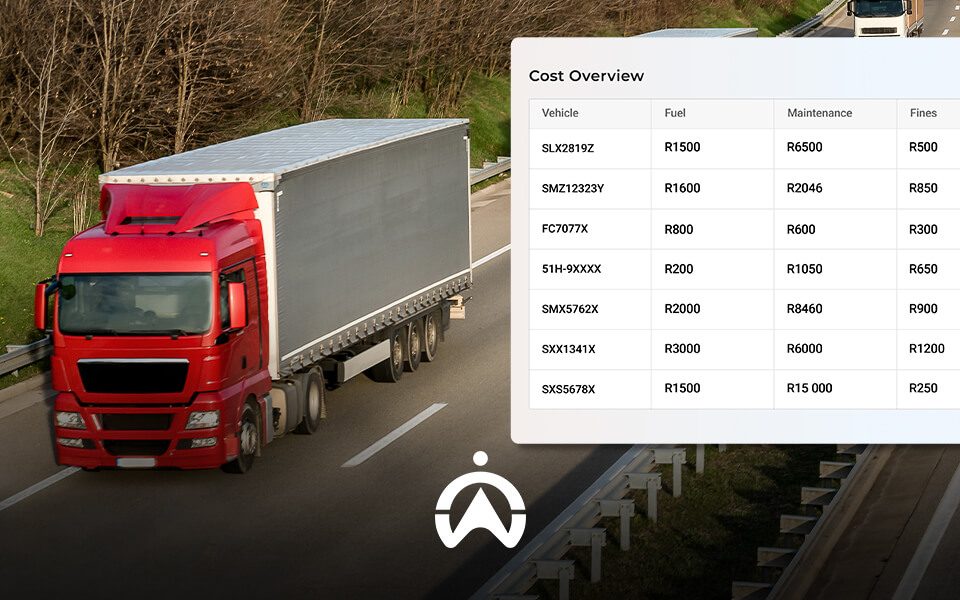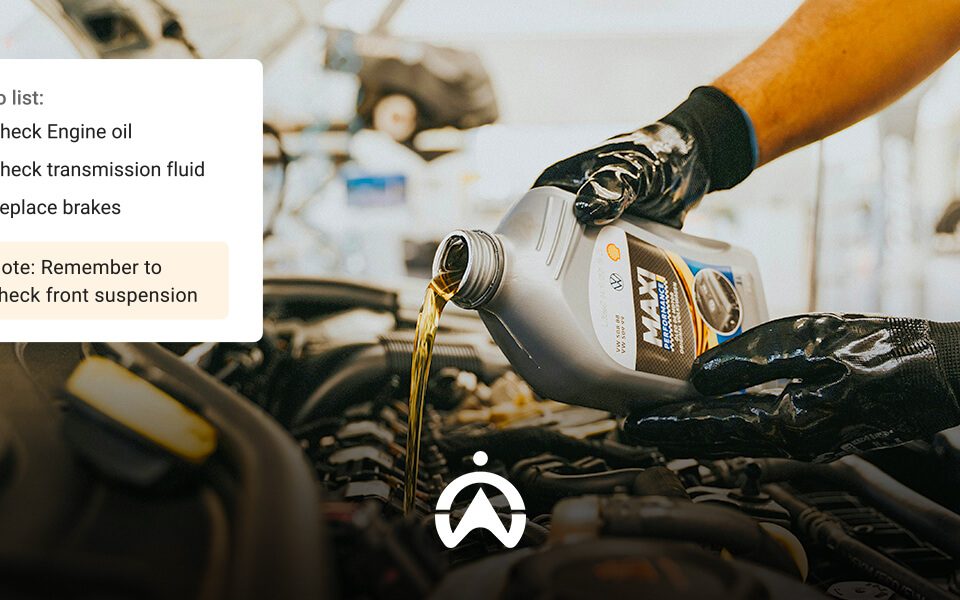Why Fleet Management Solutions is The Lifeline for Emergency Services
In an emergency, every second counts. Whether it’s the police, paramedics or private security, first responders work under the immense pressure of getting to the scene just in time to save lives. They encounter many obstacles along the way, and their day-to-day can be very unpredictable.
Let’s look at these challenges and how fleet management software can help emergency service providers navigate their daily predicaments.
An overview of the emergency services industry
Emergency service providers are something we can’t live without, and it is crucial that they give us the quickest response possible. Whether there’s a fire, a house break-in or an injury during an accident, someone always needs some sort of aid. Emergency service vehicles are always on the road and can get costly, especially when fleet managers can’t see what their drivers are getting up to.
Which services are considered emergency services in South Africa?
Emergency services are, at first sight, identified by vehicles with emergency lights, staff in uniform, and a general understanding by the public that these individuals have a sense of authority in emergency situations. Some of the top qualifiers include:
- Emergency medical services
- Emergency security services (The police)
- Fire and Rescue services
- The South African National Defense Force (SANDF)
These are primarily public services, so are private services like private security considered emergency services? Some South Africans may argue that while private security services don’t have the same authority as the SAPS, they also respond to emergency situations. However, while acknowledging their contributions to general safety, so this may be more a matter of personal opinion.

Daily challenges that show why fleet management solutions is the lifeline for emergency services
A lot can go wrong when running such a business. Here are some of the obstacles that come with running a fleet of emergency service vehicles:
- Poor connectivity: Some areas, especially rural, lack connectivity and have lousy infrastructure, making it difficult for responders to navigate and, therefore, leading to a slower response time.
- Limited funding: Any service provider needs to stick to the budget. Fuel cannot be accurately monitored or accounted for without a fleet management system, as it is hard to differentiate between business and private trips, plus the cost of maintaining the vehicles.
- Traffic congestion: In urban areas, emergency services often struggle with substantial delays due to heavy traffic, impacting the response times and outcomes.
- Compliance and regulation: Fleet managers must ensure all vehicles are licenced and in good condition. All drivers must have a valid driver’s licence, and all vehicles must comply with the National Road Traffic Act,1996 or the relevant vehicle registration and safety legislation, as applicable.
- Unexpected downtime: Imagine calling an ambulance because someone just fainted. You’re unsure if that person is alive and don’t even know the cause, only for them to arrive two hours later when you’ve managed to wake the person up. You complained, and after an investigation, you found out that they took too long because the vehicle broke down while on the way. That’s what some people have had to face, and unfortunately, they could do nothing at the time.
- Safety risks: Emergency service workers risk their lives almost daily. They go to high-risk areas. encounter violent people and face hostile situations.
- Driver behaviour: Some drivers take advantage of their job title by switching on the siren and speeding when there is no emergency they have been called for. This leads to possible accidents that could have been avoided, increases vehicle wear and tear, plus is an abuse of resources.
- Deviations: While waiting for the call, some first responders end up stepping out of their assigned zones to run personal errands. When a call comes in, they end up being even further from the scene than they should be, another reason they take time to get there. It is also another source of fuel wastage.
- Fatigue: Humans have limits to their abilities and need adequate sleep daily to perform at their best. The stakes are always high for first responders; they are exposed to a lot of traumatic experiences, and their roles are physically demanding. In most cases, they work 12-hour shifts for four consecutive days a week, and the thought of it sounds exhausting. This results in them driving around while stressed and tired, leaving room for mistakes to happen while on the job.
The benefits of Cartrack’s fleet management system for emergency services
Here are Cartrack solutions that are specially tailored to boost your fleet’s efficiency:
- Live-location tracking
Gain full visibility of your emergency vehicles with Cartrack’s advanced GPS tracking technology, making it easier to see your nearest emergency service vehicle and ensuring your response units always react quickly.
- Geofence
Emergency vehicles must be strategically placed in key locations for faster response time. Ensure the response teams remain in their assigned areas by creating virtual boundaries around the areas. You’ll get alerts whenever the vehicles enter or leave the area, which will help you know when responders have left their station.
- Panic Button
Install panic buttons inside your emergency response vehicles so drivers can receive an immediate response from command centre managers for backup when needed.
- Preventative Maintenance
Get automated alerts of vehicle service dates and reminders of appointments such as licence renewals or toll payments so you can ensure your vehicles are always in good health and still have the legal right to be on the road. Helping you avoid unnecessary downtime.
- Specialised Sensors
Our IoT device ensures you know everything about your fleet, such as specialised sensors. These sensors can detect and give you alerts when the emergency lights are activated, making it easier for you to know whether the sirens were on for a reason or unnecessarily, helping you avoid legal issues.
- MiFleet
Monitor your fleet’s fuel consumption, verify fuel card transactions, see when there’s a sudden drop in fuel levels, and save costs using our MiFleet cost management platform. This feature alerts you of possible fuel theft or fraud, allowing you to take action quickly.
- Driver ID Tags
Track your response drivers’ patrol hours with our driver identification tags. This makes it easier to see who was driving and validate the start and end of every shift. It also increases driver accountability and boosts shift productivity.
- Driver Risk Reports
Use our driver reports to see when drivers are over the speed limit, cornering or braking harshly at times when there is no emergency so you can coach them accordingly and improve your fleet’s responses with more responsible behaviour.

Cartrack Swaziland— Saving lives one fleet at a time
We are industry leaders in all things fleet management. By choosing Cartrack Swaziland for your emergency services business, you ensure accuracy, faster responses, maximum savings, and an improved brand image. Contact us today.
Let’s answer more of your emergency service fleet management questions
- Why is fleet management system important?
Fleet management makes your business more efficient and safe and boosts productivity. - What are the purposes of fleet management?
The purpose of fleet management is to supervise and oversee all fleet operations so you can save costs, enhance productivity, boost profit, and meet client expectations.
- What is fleet security management?
It ensures the safety and security of vehicles and drivers, the cargo and all other data that must be protected.
- What is the purpose of emergency services?
To ensure public safety, security and health by immediately aiding those needing help.
Digitalise your emergency service business operations with Cartrack’s fleet management solutions. Contact us for a free quote!




